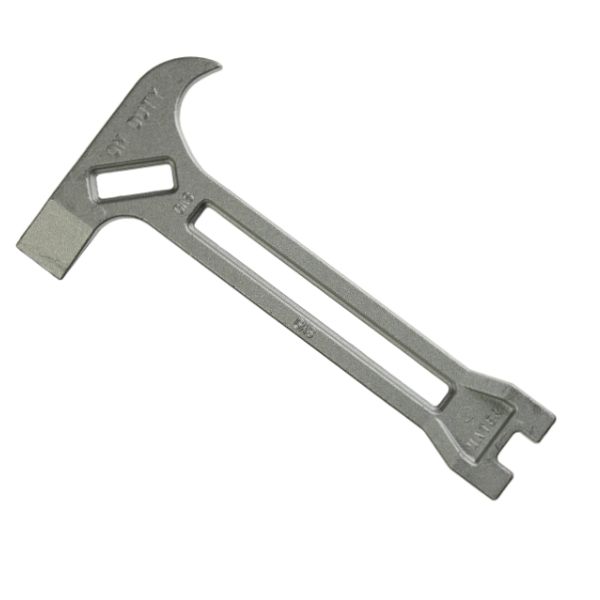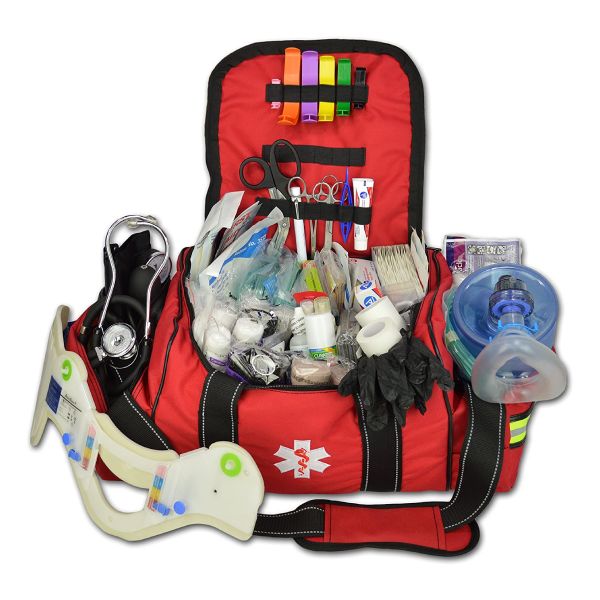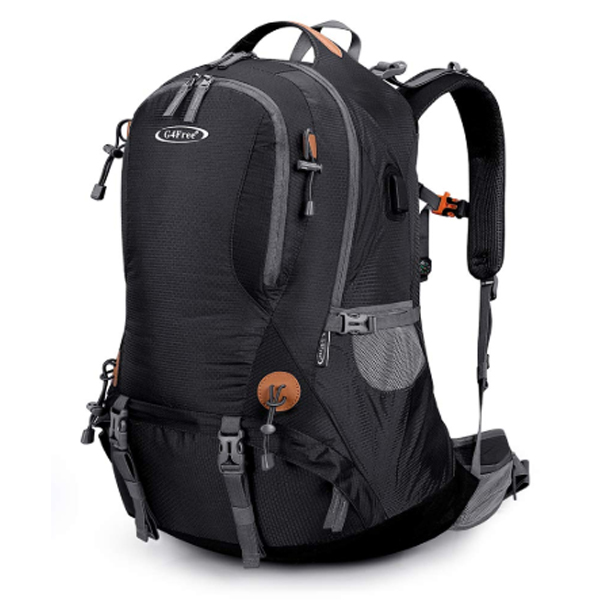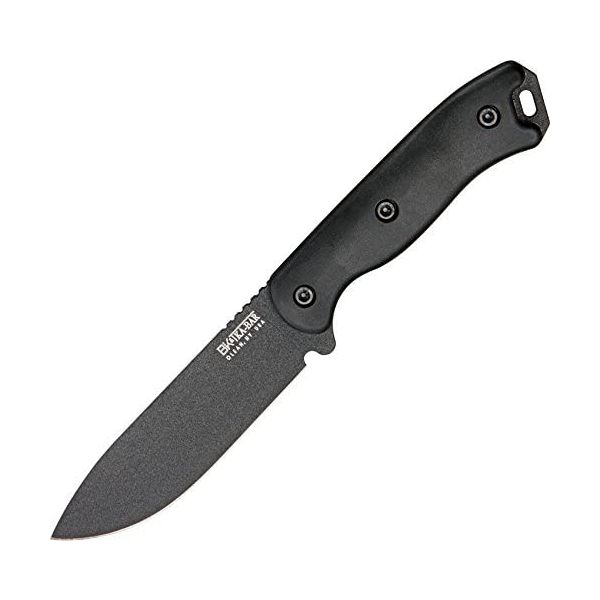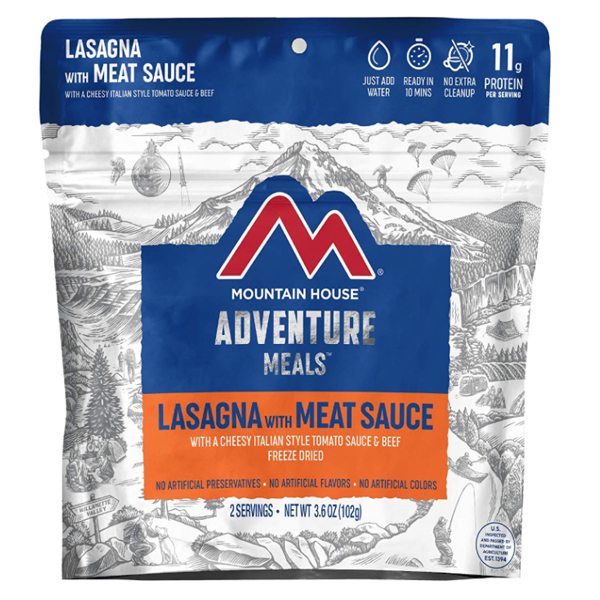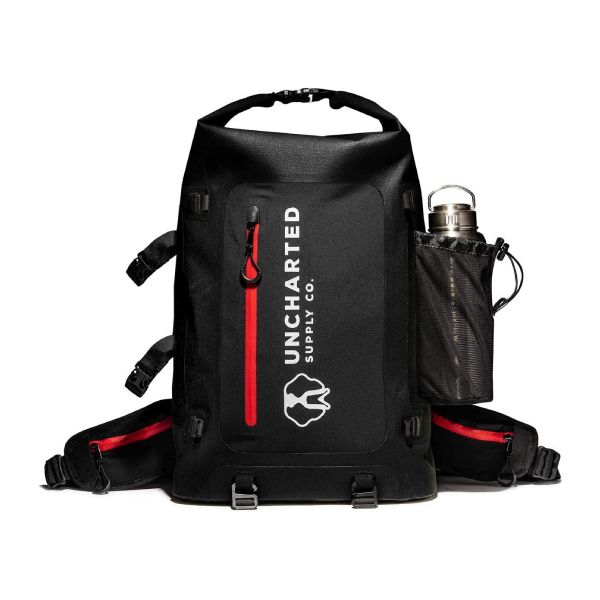Prepare for an Earthquake
Earthquakes are serious, unpredictable, and very scary occurrences. Picture this: you're walking down the street, the sky is sunny, and you don't have a care in the world when suddenly, the earth begins to shake beneath your feet.
How can you prepare for something you can't see coming? The best way is to arm yourself with knowledge. About 10,000 people are killed by earthquakes each year, so it's very important to prepare your friends and family.
In 2017, a 7.1 magnitude earthquake hit Mexico city, plunging the city into chaos. Buildings were destroyed, public transportation was shut down, and people were without power for hours. Families, friends, neighbors, and strangers worked together to help those who needed it. People in their casual and work clothes could be seen digging through rubble with their bare hands to rescue people who were trapped. Though the city looked broken, its people were not.
Experience: My First Big Quake
Years ago I was in Mexico on a mission for my church. One morning we were eating breakfast when I started to feel severe vertigo. I couldn't pour the milk into the cup. I looked up at my companions and one said, "Temblor!" meaning earthquake. Because all of the buildings in that area were masonry they all ran out into the street.
The street rolled like waves in the ocean. The cars rocked back and forth bumping into each other.
It was a powerful earthquake but very little damage occured because of its type. Had it shifted or bounced instead of roll, all of that energy would have made a mess. As it was, very little damage occured.
Preparing for an Earthquake
Earthquake preparation is somewhat like preparing yourself for the event you catch fire. Just like remembering to stop, drop, and roll, you should keep drop, cover, and hold on in mind for earthquakes.
The best way to plan and prepare for an earthquake is to practice dropping, taking cover, and holding on until it ends, formulating an emergency plan, and staying alert.
Tips from California
A college student from California advises everyone to get some sort of medical training, avoid panic buying, and to always wear their whistle. They wear theirs on a necklace, but they can also be kept in pockets, purses, and on keychains. They also said that it's a good idea to register on the American Red Cross website, Safe and Well. That way you can update your status and let people know you're okay.
Drop, cover, and hold on.
If you happen to find yourself smack-dab in the middle of an earthquake and unable to get to safety, you should always drop, cover, and hold on. It's important to teach this to children just in case they find themselves in danger without you there to help them.
Surprising Training from C.E.R.T Instructors
While in a C.E.R.T training in Las Vegas one of the instructor asked us what we should do if we're in a building during an earthquake. We all responded, "First, drop to your hands and knees, and take cover under a sturdy desk or table." He responded, "If the roof comes down, you'll likely die."
He said that he has responded to numerous earthquakes around the world. In his first one he was called to a school where the roof had come down and compressed all of the desks and anyone underneath them. Only the kids in the isles or next to the teacher's desk survived.
His advise was to imagine a triangular void next to a large object that would support a wall or roof if it came down. That's your best location for survival. So, crouch NEXT to the desk or table, not underneath it. I've always been taught to crawl under an object. However, I think I like his reasoning.
If there isn't a desk or table nearby, crawl up next to an interior wall, away from windows. Hold onto a secure object with one hand and cover your head and neck with the other, and stay where you are.
For people using wheelchairs, lock the wheels, cover your head and neck, and hold on until it's over.
Earthquake Preparedness Plan
There are a few different ways to prepare yourself, your family, and your home for earthquakes. You should be prepared before it hits, during the earthquake itself, and for the aftermath.
Before an earthquake, remember that there's no need to panic. Instead, you should:
- Anchor down heavy objects in your home, like televisions, bookcases, and refrigerators
- Store heavy and breakable objects on low shelves
- Discuss a plan with your family
- Learn how to treat minor wounds that might be sustained during the earthquake
- Stock up on emergency supplies
- Consider getting an earthquake insurance policy for your home
- Get tracking collars for, or chip, your pets in the event they are separated from you
If the earthquake is in progress, try to stay calm and focused. During an earthquake, you should:
- Drop, cover, and hold on
- Stay inside if you are already there, and avoid doorways
- Stay outdoors if you are already there, and stay away from buildings
- Pull over if you are in your car, set your parking brake, and stay put
And finally, after an earthquake, there may be a lot of destruction. The aftermath of a disaster can be a frightening thing to experience. The best things to do is to:
- Be prepared for aftershocks, and be ready to drop, cover, and hold on
- Get out of damaged buildings as quickly as you can
- Help the elderly, the disabled, and children to get to safety
- Cover your mouth with a shirt or mask if you are trapped under rubble, and use a whistle or send a text to call for help -- you can also bang against a wall or on a pipe
- Get to high ground if your area is at risk for tsunamis
- Offer to help others if you have proper training
- Get in contact with friends and loved ones to both check on them and let them know you're okay
It's also a good idea to have proper clothes to protect you while you clean up the aftermath and potentially aid your neighbors until the first responders arrive. Dress in thick-soled shoes, long pants, work gloves, and a long-sleeved shirt. It's also a good idea to wear a mask to protect you from any dust that might be kicked up while shifting through small bits of debris.
Emergency Preparedness Resources

Popular Emergency Checklists
All | Bug Out Bag | 72-Hour Kit |
Evacuation | First Aid
Scouting - Wilderness First Aid
Emergency Plan (ready.gov)
Emergency Contact Info (ready.gov)
Emergency Plan for Schools (ready.gov)
Emergency Gear for Surviving Earthquakes
Like any other emergency, you should always stock up and get ready for anything that might endanger you and your family. Everyone in your family should always be equipped with a whistle so they can signal for help.
It's also a good idea to keep emergency kits ready in the event your home is damaged, or you find yourself without running water or power in the days following an earthquake. Keep extra clothes, toothbrushes, sanitary items, and identification in separate emergency kits. It always pays to be prepared for the worst.
Even if you might not have any use for a few things on this list, it might be a good idea to store them away anyway to give to neighbors and friends in need. By stocking up on the following, both you and your community will be better prepared.
- A whistle
- A mask
- Enough water for everyone in your household -- this includes pets
- Canned goods and non-perishables
- Soap and hand sanitizer
- Flashlights
- Extra batteries
- A fire extinguisher
- Phone chargers
- Fully charged mobile power banks
- A first-aid kit
- Extra pet food
- Diapers and formula for babies
- Pads and tampons
- Any medications you or your family may take
- A battery-operated radio
Recommended Products
1This post may contain affiliate links. If you make a purchase, I may earn a small commission at no additional cost to you.
2 As an Amazon Associate we earn from qualifying purchases.
3 Most reviews are based on personal experience from one of our content editors. Some are based on research and the opinions of other reviewers.






